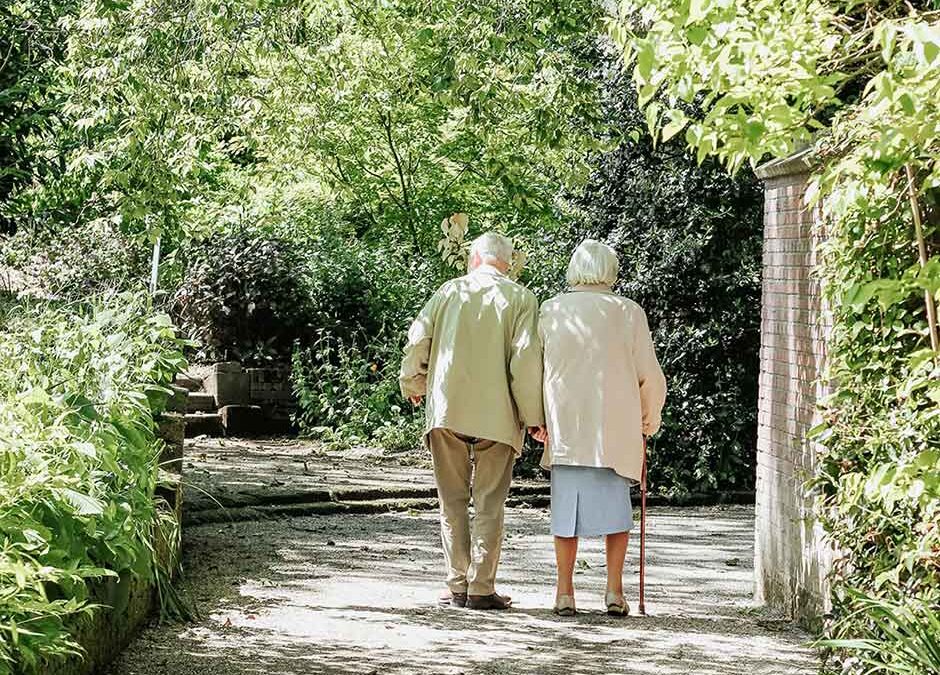It feels paradoxical: on the one hand, age brings physical diminishment; I’m slower, weaker, less resilient, so perhaps the capacity to manage gripes is concurrently reduced and maybe we elders become more thin-skinned with age so our resistance to annoyance is lower and our sensitivity higher. On the other hand, I hope I am wiser and thus should find it easier to maintain a sense of proportion and more transcendent perspective. I think both are true and that it’s up to old folks to use our wisdom to better manage our diminutions and sensitivities, which will make us more pleasant and interesting to be around and happier as well.
Still, it does seem that the human world, the one outside of Nature, the one of artifacts, commerce, work, getting about, etc., tends to be a world with far more annoyance that I’d expect if that world had been created with an eye to helping its occupants live good, happy, positive lives. I don’t believe, in this country, that has ever been a high-level concern. Instead, the dominating political-economic realm has operated with the good of commerce and technology uppermost and assumed, when it thought about it, that these goods would of course lead to good, happy, positive lives, which is an obvious intellectual and practical failure with serious consequences. Many elders, to the extent we are wiser than earlier, probably see this and see what it’s done to society and their own lives. We see this and contrast it with recognition that basic existence, when allowed its space and time, is rich and pleasing in an abundance of nonmaterial ways. Relationships of mutuality and care, responsibility toward the community and Nature, self-expression: these are goods only remotely associated with economic growth and what is called progress. The recognition makes us crabby, and often guilty at our complicity, and sad at the costs we’ve paid.
Photo by Micheile Henderson on Unsplash


